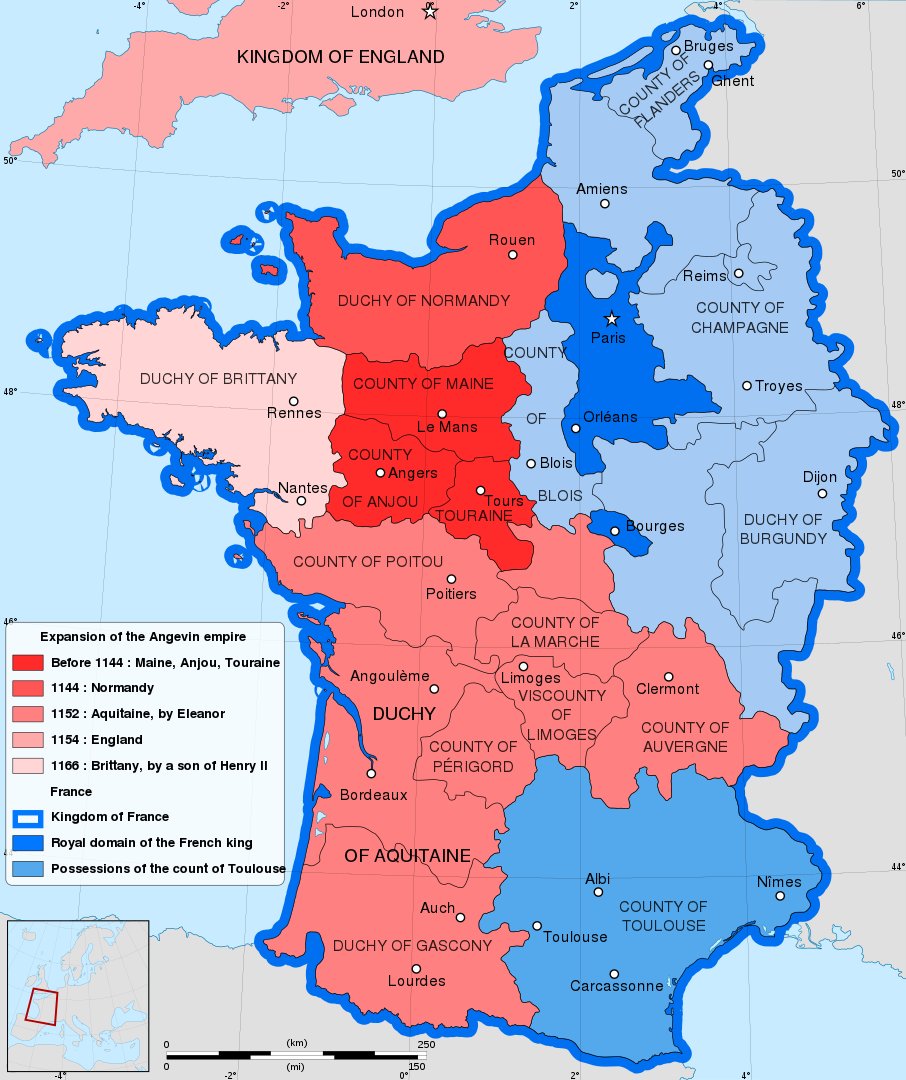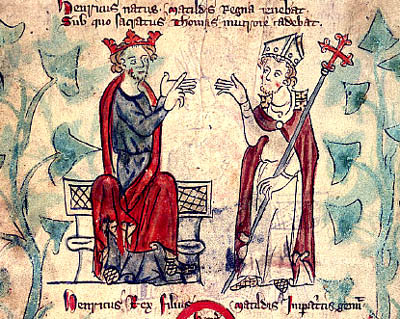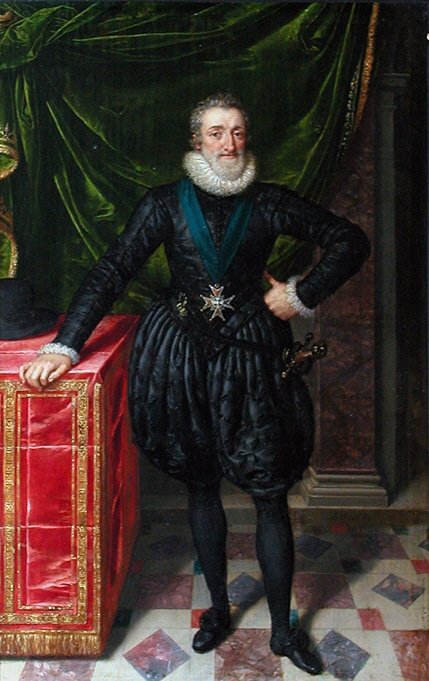
A European princess, who would have become queen had her kingdom's current succession law been in place, seizes the throne from her cousin and creates a regnal dynasty whose successors still rules the kingdom.
Story in the evening ...
Story in the evening ...
https://twitter.com/Arby_K/status/1320927583593115648
Princess Matilda was born in 1102 as the daughter of King Henry of England. Her grandfather, Guillaume de Normandie, had conquered England in 1066 and her father had seized the English throne after his elder brother had died. 1/10 

In 1114, Matilda married the Holy Roman Emperor Heinrich. She would be known as Empress Matilda after that. But the death of the Emperor in 1125 without an heir meant the young princess was a widow and an Empress without a realm. 2/10 

Her only legitimate sibling, William Adelin, had died in 1120 while crossing the Channel. With no clear law of succession, there were many contenders. Henry himself had seized the throne, while his eldest brother lived as Duke of Normandy (Whom he later deposed). 3/10 

Though Henry will get many nobles to swore loyalty to Matilda, it was her cousin Etienne de Blois who would become King when Henry died in 1135. Matilda meanwhile had married Geoffrey d'Anjou, who soon became the Count of Anjou after his father left for the Crusades. 4/10 

In 1139, Matilda crossed the Channel to reclaim her kingdom, while her husband led an attack on Normandy. Though Matilda would initially capture King Stephen, she would have to release him in return for her illegitimate half brother, Robert of Gloucester. 5/10 

Her husband was more successful though, conquering Normandy in 1144. 11 years younger than his wife, Geoffrey was called Plantagenet for the shrub he wore on his hat. In 1150, he would hand over Normandy to his son Henry. 6/10 

With the war in England heading for a stalemate, King Stephen would name Henry his heir. Count Geoffrey's death in 1151 and King Stephen's death in 1154 brought Matilda's son a sizeable realm on both sides of the English Channel. 7/10 

Empress Matilda would remain in Normandy administering her son's French provinces, while her son ruled in England. She would also attempt to mediate between Henry and Thomas Becket, the Lord Chancellor and later the Archbishop of Canterbury. 8/10 

Though they would lose their French possessions a century later, the House of Plantagenet would rule England till 1485 ending with the War of the Roses, though descendants in the female line still rule England. 9/10 

In 2013, the succession of the English crown was set to absolute primogeniture, though male preference primogeniture had been in practice since 1701. By either law, Empress Matilda would have succeeded her father. 10/10 

• • •
Missing some Tweet in this thread? You can try to
force a refresh














